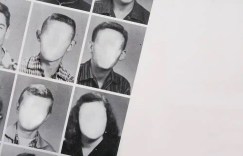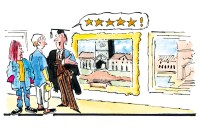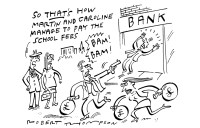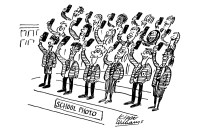What is the secret of Millfield’s sporting excellence?
There’s one safe bet at any Olympic Games: there will always be a generous handful of Millfield alumni on Team GB. At Tokyo there were 13 Old Millfieldians (OMs); in the previous Games in Rio there were eight; four years before that, on home turf, there were nine (two of whom won gold). In 2016 the tally of OMs at the Games was higher than Pakistan’s entire delegation. In 2012 they won the same number of gold medals as Canada. What is Millfield’s secret? How did this independent boarding and day school, tucked away in an unfashionable corner of Somerset, far from the Notting Hill brigade, become a sporting powerhouse?





















